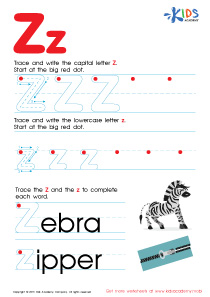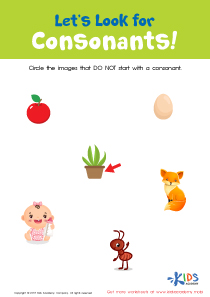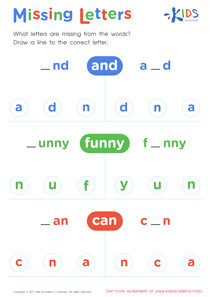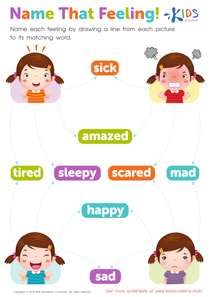Alphabet Recognition Extra Challenge Alphabet Worksheets for Ages 6-8
3 filtered results
-
From - To
Enhance your child's alphabet recognition skills with our "Alphabet Recognition Extra Challenge Alphabet Worksheets for Ages 6-8." Tailored for young learners, these worksheets offer an engaging mix of activities designed to challenge and improve letter identification and literacy skills. Packed with fun puzzles, matching games, and tracing exercises, each worksheet is crafted to maintain a child's interest while reinforcing their understanding of the alphabet. Ideal for both classroom use and at-home practice, our worksheets provide the perfect balance of education and entertainment, helping young learners build a solid foundation in reading and writing.


Letter A Tracing Page
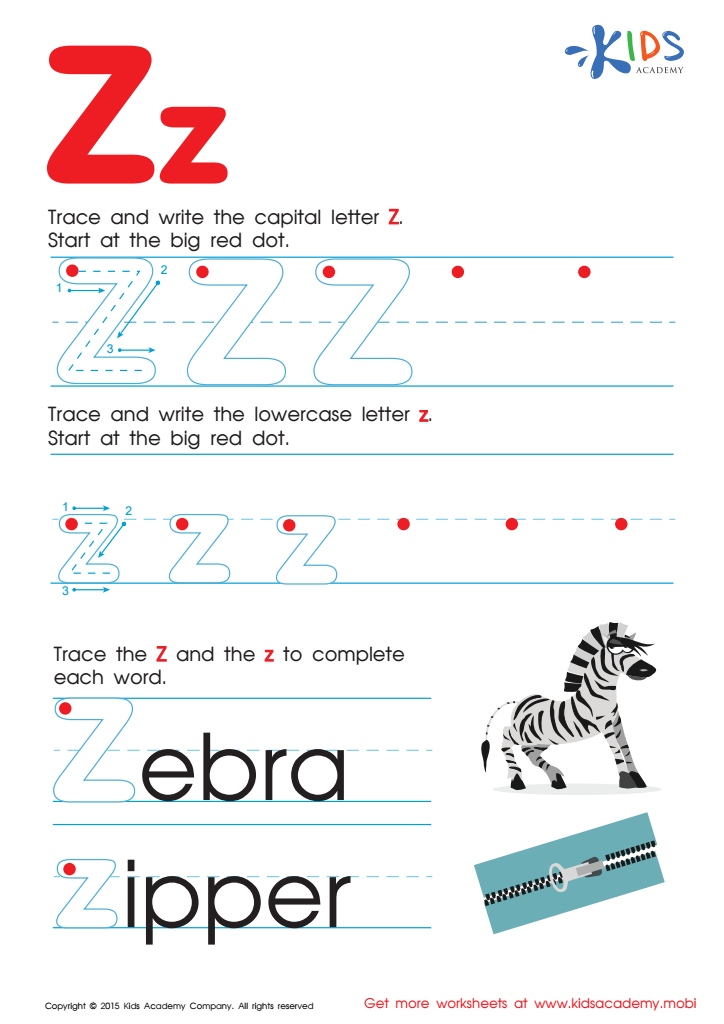

Letter Z Tracing Page
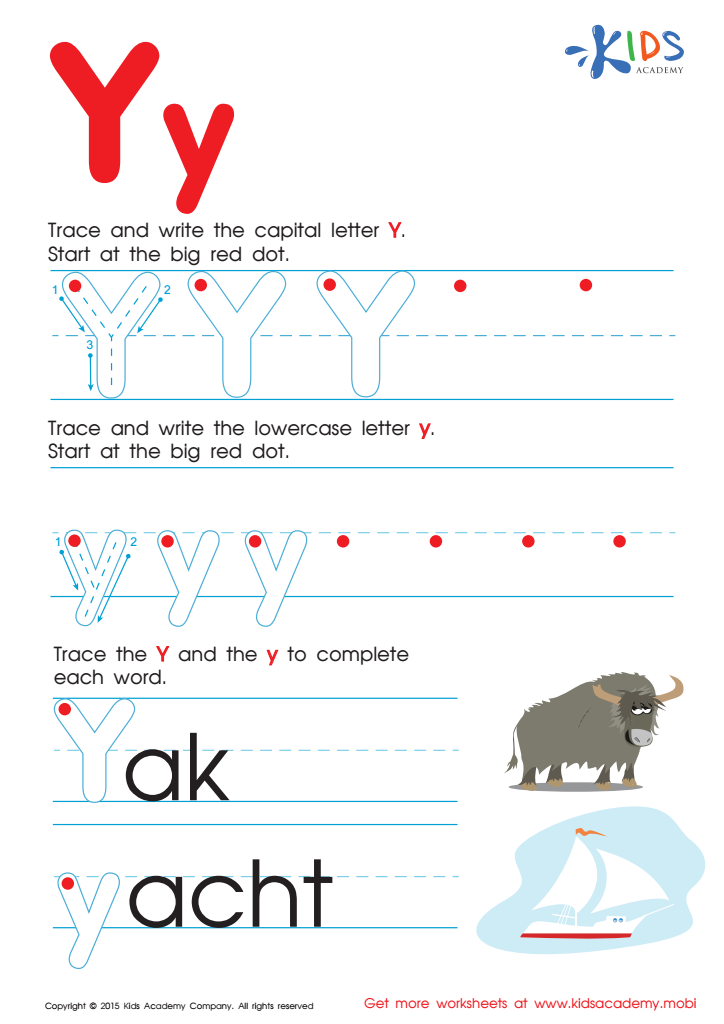

Letter Y Tracing Page
Alphabet recognition is a critical milestone for early learners, serving as the cornerstone of their reading and writing skills. For children aged 6-8, this foundational skill not only encompasses knowing the letters but also understanding their sounds and how they fit into words. The Alphabet Recognition Extra Challenge is invaluable as it pushes students to deepen their understanding through engaging, fun activities that go beyond basic memorization.
Parents and teachers should care about this challenge because it enhances cognitive development. Tackling more complex tasks within the alphabet study—such as identifying letters in different fonts, matching uppercase and lowercase versions, or recognizing alphabetical order—sharpens a child’s memory and visual recognition skills. These activities build problems-solving abilities, strengthen attention to detail, and foster a deeper understanding of language mechanics.
Furthermore, the Extra Challenge also nurtures a love for learning. When children feel they’re participating in something fun and unconventional, they become more enthusiastic and engaged, leading to higher retention rates and a positive attitude towards literacy. For parents and teachers, this translates to easier classroom management, more enjoyable learning sessions, and witnessing significant academic growth in their young learners. So, investing time and energy into activities like Alphabet Recognition Extra Challenge can set children up for long-term academic success and instill an early love for learning.
 Assign to My Students
Assign to My Students








